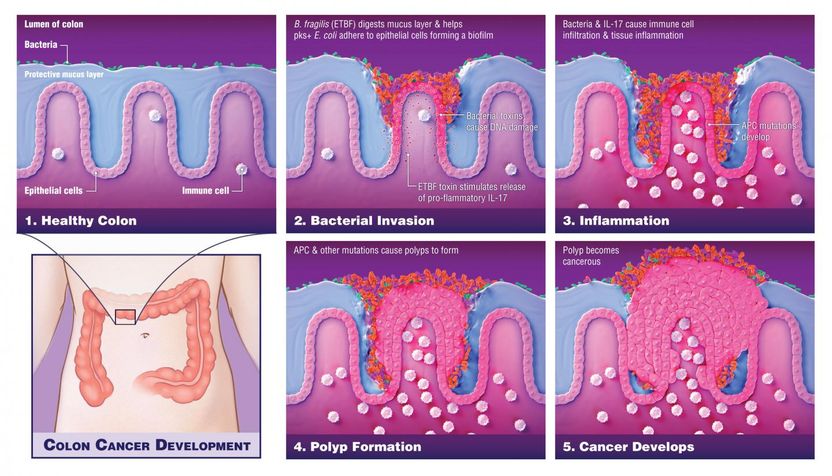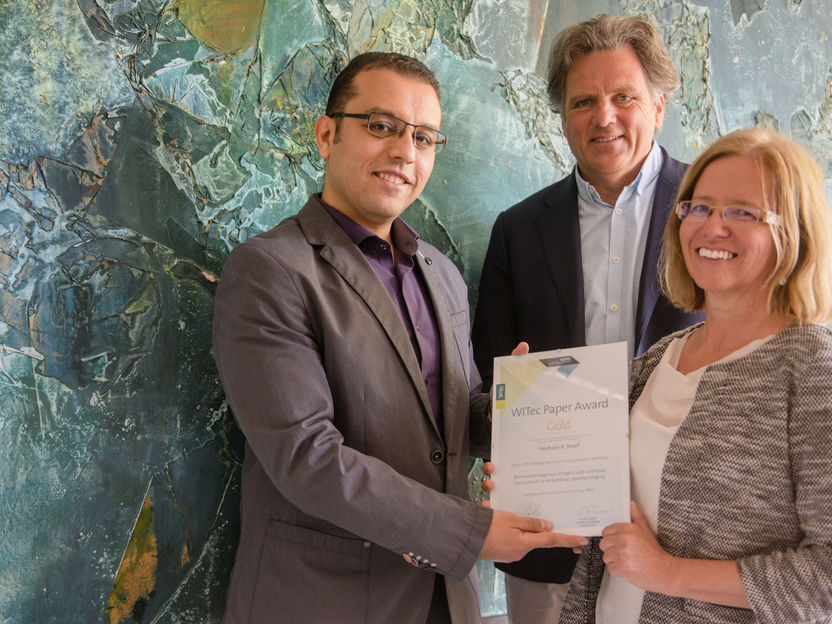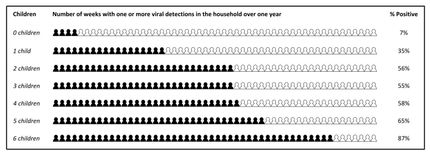Cornell researcher wins prestigious award for research on viruses that kill cancer cells
A Cornell University researcher has won a prestigious Burroughs-Wellcome Fund Investigators in Pathogenesis of Infectious Disease Award, given to a young researcher whose work focuses primarily on the interaction of pathogens with their human hosts.
John Parker, assistant professor with the Baker Institute for Animal Health in the College of Veterinary Medicine at Cornell, won one of the 11 awards given this year. Parker's work explores reoviruses that affect the upper respiratory and gastrointestinal tract of humans and selectively kill cancer cells.
"We are seeking to understand the molecular mechanisms that underlie the ability of mammalian reoviruses to preferentially kill certain types of cancer cells," said Parker. He was one of 123 applicants who were nominated from universities around the country. The award offers $80,000 a year for five years to researchers without tenure or within five years of receiving tenure.
"Actually, while the money is nice, there are other perks to this award," said Parker, who joined the Cornell faculty in 2003. "You get your name published in Science. But the best part may be that because it is so prestigious, it attracts good applicants to the lab."
Organizations
Other news from the department science

Get the life science industry in your inbox
By submitting this form you agree that LUMITOS AG will send you the newsletter(s) selected above by email. Your data will not be passed on to third parties. Your data will be stored and processed in accordance with our data protection regulations. LUMITOS may contact you by email for the purpose of advertising or market and opinion surveys. You can revoke your consent at any time without giving reasons to LUMITOS AG, Ernst-Augustin-Str. 2, 12489 Berlin, Germany or by e-mail at revoke@lumitos.com with effect for the future. In addition, each email contains a link to unsubscribe from the corresponding newsletter.
More news from our other portals
Last viewed contents

Discovery of world’s oldest DNA breaks record by one million years - Two-million-year-old DNA has been identified for the first time - opening a ‘game-changing’ new chapter in the history of evolution

Mystery of microgels solved - The results open up opportunities for new applications in materials and pharmaceutical research
Kick-off meeting for the Human Brain Proteome Project
Generex Biotechnology granted new U.S. drug delivery patent - Patent covers broad claims for the delivery of macromolecules via the buccal cavity of the mouth

Bacteria play critical role in driving colon cancers
VEXIM strengthens his management team



















































